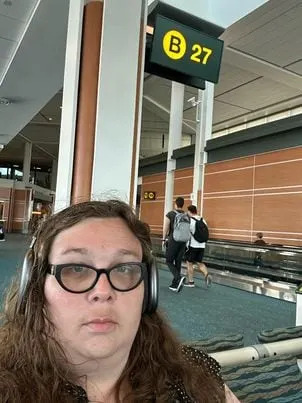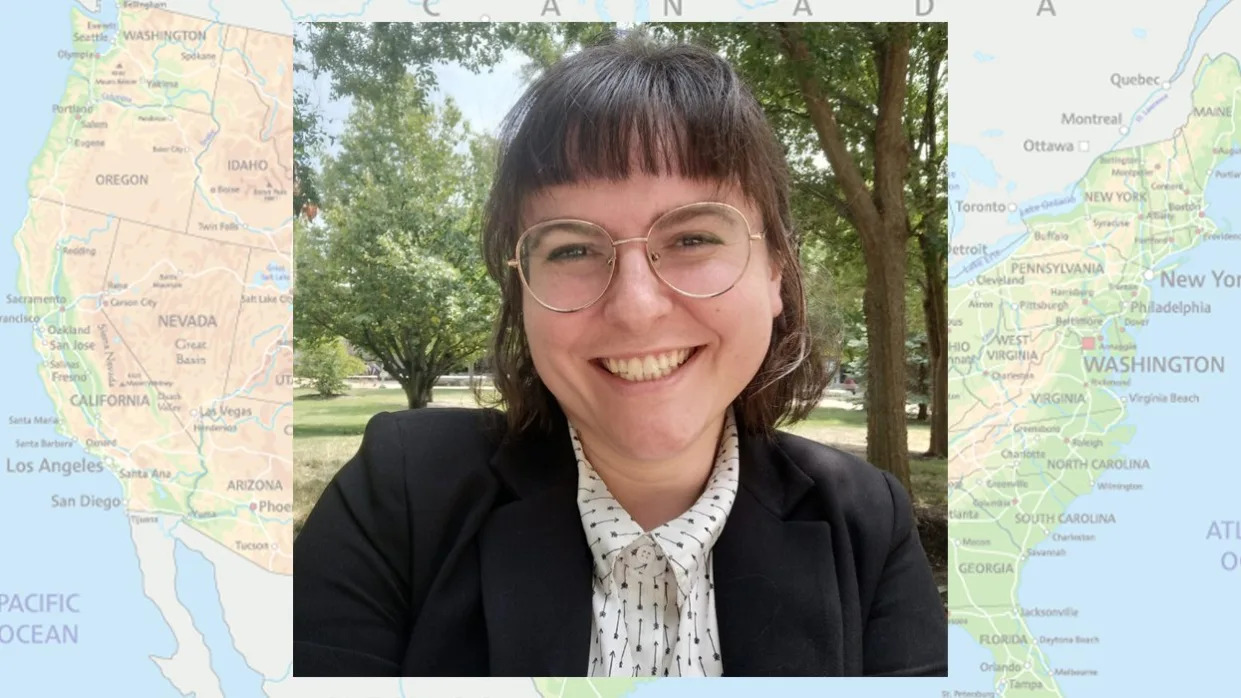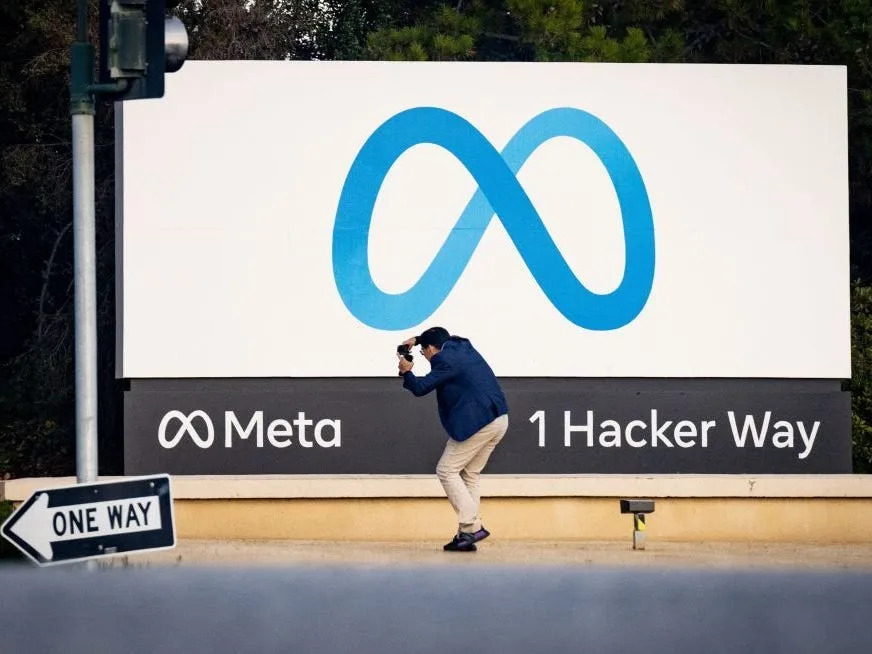Jessica Glenza
Fri, February 2, 2024

A pharmacy technician reaches for a bottle of medication in Miami, Florida, in 2020.Photograph: Joe Raedle/Getty Images
A new set of rules from the Biden administration seeks to rein in private health insurance companies’ use of prior authorization – a byzantine practice that requires people to seek insurance company permission before obtaining medication or having a procedure.
The cost-containment strategy often delays care and forces patients, or their doctors, to navigate opaque and labyrinthine appeals.
The administration’s newly finalized rules will require insurance companies who work in federal programs to speed up the approval process and make decisions within 72 hours for urgent requests. The regulations will also require companies to give a specific reason as to why a request was denied and publicly report denial metrics. The regulations will primarily go into effect in 2026.
Patients, advocates and researchers welcomed the new regulations but also noted their limitations and argued the rules do not go nearly far enough to tackle the scale of the problem.
“First of all, we’re glad the Biden administration is doing something about this issue,” said Aija Nemer-Aanerud, a healthcare campaign director for People’s Action Institute, a grassroots organization that advocates for people who have been denied care by insurance companies.
“The private insurance industry has figured out a lot of ways to set up the processes – regarding prior authorizations and claim denials – in such a way that they can make a profit,” said Nemer-Aanerud. But without going further, the rules will still allow insurance companies to, in Nemer-Aanerud’s words, “make money through denying people care”.
The Biden administration’s new rules will cover companies who work with Medicare, Medicaid and individual insurance exchanges – that means the rules will impact about 105 million people. That still leaves out the largest pool of privately insured Americans – the 158 million who rely on insurance from their employer.
The new rules also exclude prior authorizations for medications, though the federal government has said it intends to work on a rule for medications in the future.
In a statement, America’s Health Insurance Plans, a trade organization, said that it supports the new rule: “It’s crucial that we all work towards ensuring patients have access to the information they need to make informed healthcare decisions. CMS took a step in the right direction by finalizing the Interoperability and Prior Authorization rule.”
Often, insurance companies argue prior authorization saves patients’ money by reducing unnecessary care. Notably, Americans see doctors less often than counterparts in other developed democracies (though Americans still spend more per person). And patients, providers and advocates argue insurance companies often use the process to delay and discourage patients from getting care, even when it’s needed.
“Do I think that that’s enough? No,” said Carly Morton, 30, of Beaver, Pennsylvania. “I think that’s a great step in the right direction because, yes, we need answers. Our medical issues are serious and seriously painful.”
Morton has a Medicare Advantage plan through United Healthcare. A recent Kaiser Family Foundation analysis found private companies who work with Medicare, in plans like Morton’s, denied 2m requests for prior authorization in 2021 or 6% of all claims. Only 11% were appealed.
Those that were appealed overwhelmingly succeeded (82%), leading researchers to question, “whether a larger share of the initial prior authorization requests should have been approved”, and pointing out that care was delayed by the requirement either way.
Morton was forced to mount a full blown public pressure campaign with People’s Action Institute to get her insurance to cover surgery for a rare vascular condition, called neurogenic median arcuate ligament syndrome. Her condition caused her near constant vomiting and “excruciating” pain that she likened to end-stage cancer. She felt stuck after she attempted to navigate appeals on her own – she estimates that she called her insurance company 50 times – before she went public with her story.
“It was very overwhelming,” said Morton, whose surgery was eventually approved, though only after multiple press releases, videos and even coaching by a health insurance attorney.
United Healthcare did not provide a comment on prior authorization and said it could not legally comment on Morton’s case.
Plans like Morton’s will be covered. But people like 34-year-old Megan Shirk of Harrisburg, Pennsylvania, will not. Shirk relies on private insurance connected to an employer, in this case Blue Cross Blue Shield. She suffers from complex regional pain syndrome, an excruciating condition sometimes called the “suicide disease”, because of the high rate of sufferers who end their lives.
“I feel like someone is kicking me while setting me on fire at the same time,” Shirk said, describing her symptoms.
Shirk and her doctors are seeking to treat her condition with ketamine infusions, but to date have had prior authorization requests denied. On two occasions, the denial came the day before she was scheduled to travel 200 miles to Pittsburgh for treatment.
“We had the appointment scheduled and ready to go,” said Shirk. “I was excited to start this new life where I wasn’t necessarily not in pain, but in manageable pain.” Shirk has been navigating the appeals process since October 2023.
Morton, reflecting on the lengths she went to to get a procedure covered, called the process, “taxing in a way that I could never put into words”. She added: “Someone who is sick like that should never, ever, ever have to be going through that, ever.”
In the US, you can call or text the National Suicide Prevention Lifeline on 988, chat on 988lifeline.org, or text HOME to 741741 to connect with a crisis counselor. In the UK, the youth suicide charity Papyrus can be contacted on 0800 068 4141 or email pat@papyrus-uk.org, and in the UK and Ireland Samaritans can be contacted on freephone 116 123, or email jo@samaritans.org or jo@samaritans.ie. In Australia, the crisis support service Lifeline is 13 11 14. Other international helplines can be found at befrienders.org














